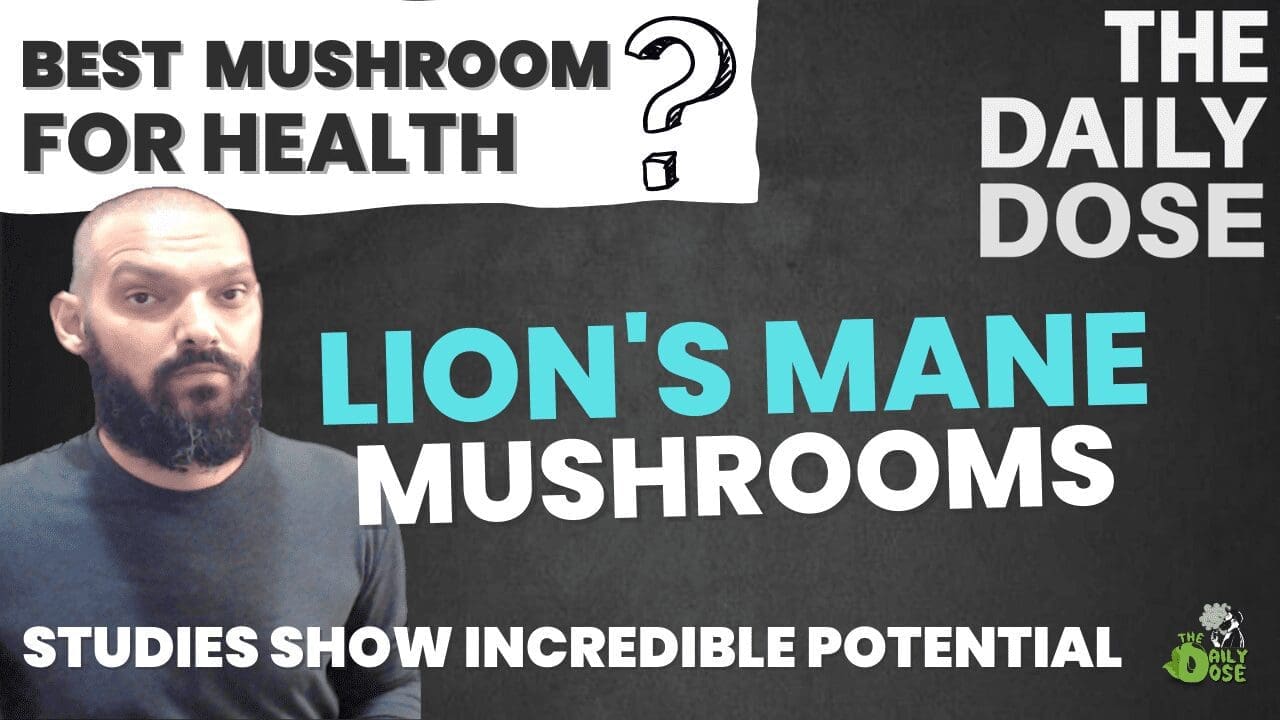Listen to the short audio clip here: The Daily Dose Podcast
Exploring Juice Cleanses And Their Impact What To Know Now
Introduction
Juice cleanses have gained popularity as a short-term detox strategy, promising weight loss, toxin elimination, and improved skin condition. However, delving deeper reveals a landscape of potential risks and unsubstantiated claims.
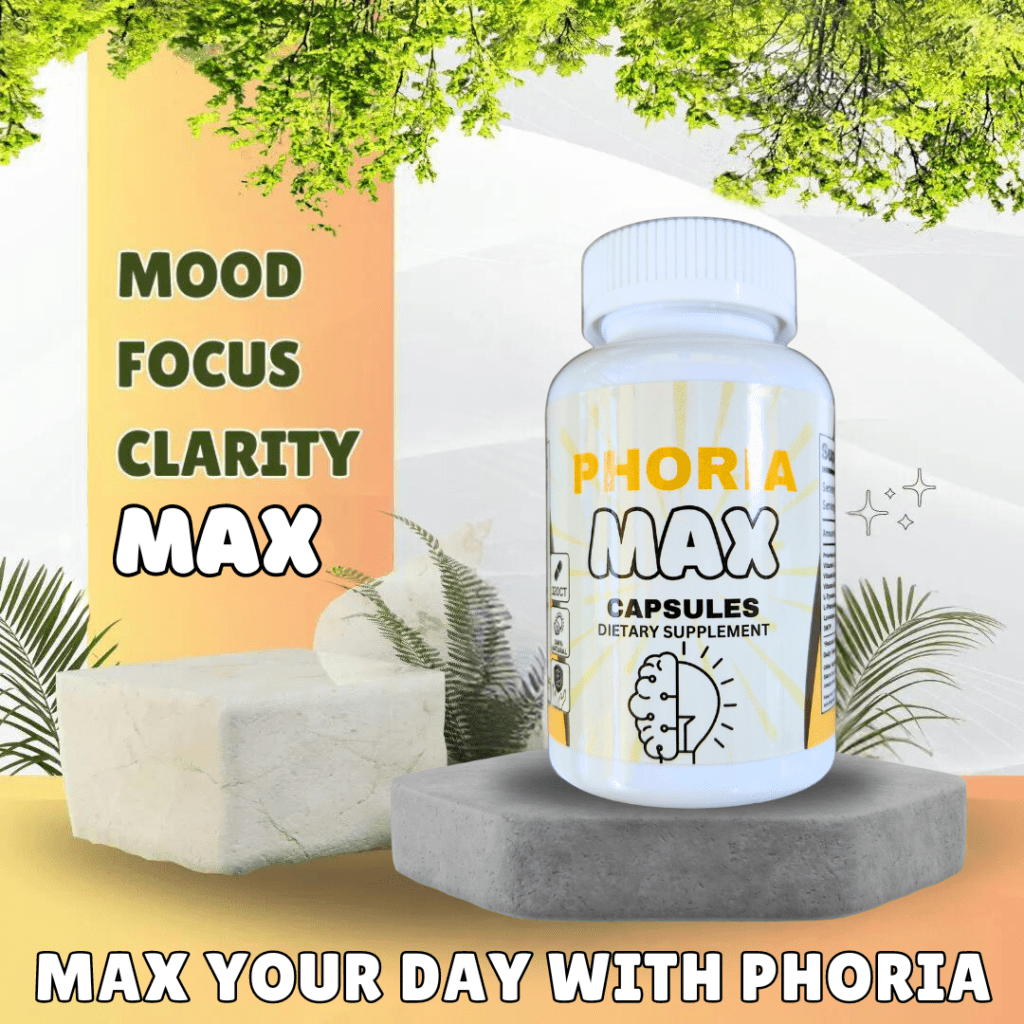
Benefits of Juice Cleanses: Myth or Reality?
Addressing the Rise of Ultra-Processed Foods
A 2020 review highlights the dominance of ultra-processed foods which make up to 60% of the average in the American diet, linking them to various health issues. Contrarily, juice cleanses offer a nutrient-rich alternative, combating the adverse effects of processed foods.
Here is a list of the most common health related issues
Nutrient-Rich Nature of Juices
Explore the diverse health benefits of fruits and vegetables, rich in phenolic compounds, antioxidants, and immune-supporting properties. Discover how these elements contribute to overall well-being.
Fruits and vegetables stand as nutritional powerhouses, teeming with a plethora of health benefits essential for overall well-being. Laden with phenolic compounds, antioxidants, and immune-supporting properties, these natural wonders actively contribute to our vitality. Phenolic compounds, renowned for their antioxidant prowess, engage in combat against oxidative stress, shielding our cells from damage and inflammation.
Antioxidants, abundant in these vibrant foods, act as vigilant guardians, neutralizing free radicals that threaten cellular integrity. Furthermore, the immune-supporting properties found in fruits and vegetables bolster our body’s defense mechanisms, promoting resilience against infections and diseases. Transitioning from farm to fork, the journey of these nutrient-packed delights becomes a dynamic force, fortifying our health and ensuring a robust foundation for a thriving life.
Weight Loss and Gut Bacteria: Unraveling the Connection
In a groundbreaking 2017 study, a compelling link emerged between juice cleanses, a transformative alteration in gut bacteria, and consequential weight loss. The study revealed that a three-day juice-only diet led to substantial modifications in the participants’ gut microbiota, offering a potential explanation for the observed weight loss. However, delving into the implications of this phenomenon unveils a critical consideration—the participants consumed a mere 1,310 calories per day, notably below the recommended daily intake.
This calorie deficit, while associated with rapid weight loss, raises concerns about the sustainability and long-term effects of such dietary practices. The study, therefore, highlights the intricate interplay between gut bacteria, calorie intake, and weight loss, urging a nuanced understanding of the complexities inherent in the pursuit of health through juice cleanses.
The Detox Mirage: Separating Fact from Fiction
Challenging the widely propagated notion of juice cleanses as miraculous detoxifiers necessitates a rigorous scrutiny of the scientific evidence, or rather, the lack thereof, supporting the claim that juices possess the ability to effectively flush toxins from the body. Despite the prevalent belief in the detoxifying prowess of these regimens, scientific literature reveals a dearth of robust studies substantiating such assertions.
The idea that juices can purify the body by expelling toxins lacks conclusive evidence, and the few studies that exist often suffer from methodological flaws and limited participant numbers. In navigating this terrain, it becomes imperative to question the veracity of the detox narrative surrounding juice cleanses, prompting a reevaluation of their touted benefits in light of the scarce scientific backing.
Citrus Juices and Skin Health: A Close Look
Delving into the realm of skincare, a 2016 study explored the potential impact of citrus-based juices on skin health, providing intriguing insights. Examining the findings necessitates a careful differentiation between animal and human studies to derive informed conclusions. In this study, citrus-based juices demonstrated a positive effect on skin health, particularly in reducing oxidative stress, as indicated by animal research.
However, the critical transition to human applicability remains a pivotal consideration. While animal studies offer valuable preliminary data, the unique physiological differences between species underscore the need for cautious interpretation. Therefore, in drawing conclusions about the potential benefits of citrus juices for human skin health, it becomes imperative to acknowledge the bridge between animal models and human responses, ensuring a discerning and evidence-based approach to skincare practices.
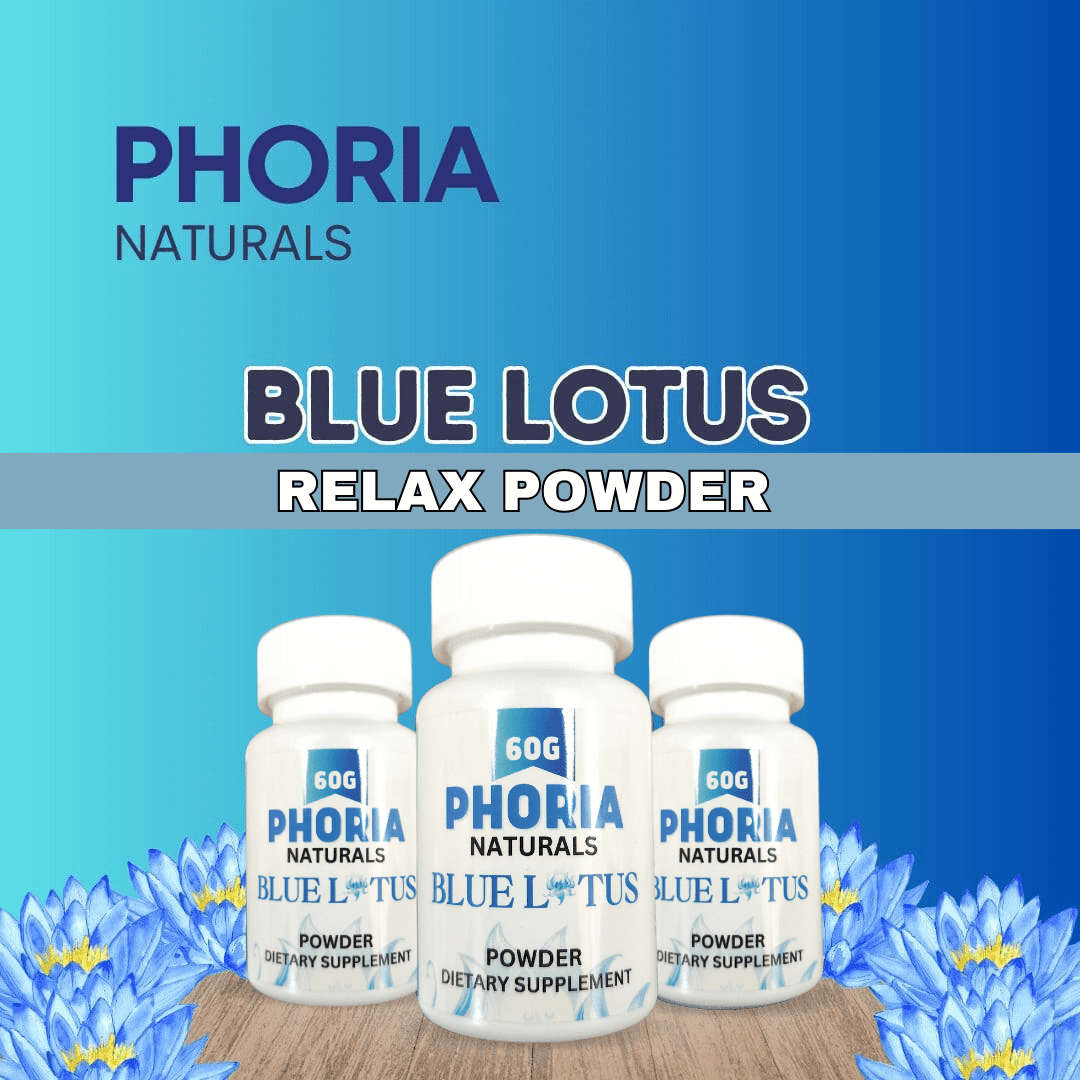
Risks Involved: Are Juice Cleanses Worth the Gamble?
Caloric Deficiency and Its Consequences
The risks entwined with insufficient caloric intake during juice cleanses are pronounced, manifesting in symptoms such as tiredness, headaches, and irritability. As individuals embark on these cleansing endeavors, their energy needs often go unmet due to the limited solid food consumption inherent in these regimens. This caloric deficiency precipitates a cascade of adverse effects, impairing energy levels and cognitive function.
It is paramount to recognize the importance of balanced nutrition, as a shortfall in caloric intake not only instigates physical discomfort but also undermines the body’s ability to function optimally. In navigating the landscape of juice cleanses, the imperative is to strike a delicate equilibrium, ensuring that the pursuit of detoxification does not come at the expense of essential nutrients vital for overall health and well-being.
The Fiber Factor: Juices vs. Whole Fruits
Navigating the nutritional landscape between juices and whole fruits involves a discernible trade-off, particularly concerning the role of dietary fiber in fostering various aspects of health. While juices may boast concentrated nutrients, the absence or reduction of dietary fiber stands as a pivotal distinction. Whole fruits, in their unprocessed form, offer a robust package of vitamins, minerals, and antioxidants alongside the crucial fiber content.
This fiber plays a multifaceted role in promoting digestive health, stabilizing blood sugar levels, and contributing to a sense of satiety. Recognizing this trade-off becomes essential, urging a nuanced consideration of the diverse benefits that whole fruits bring to the table, emphasizing the integral role of dietary fiber in supporting holistic well-being.
Sugar Conundrum in Store-Bought Juices
The pervasive issue of high added sugar content in numerous commercial juices has become synonymous with a host of health concerns, ranging from weight gain and obesity to diabetes and tooth decay. Unveiling the impact of sugar on overall health reveals a concerning narrative. These sugary beverages, often marketed as health-conscious choices, contribute significantly to caloric excess and have been implicated in the global surge of obesity rates.
Moreover, the rapid absorption of liquid sugars can lead to insulin resistance, paving the way for diabetes. The deleterious effects extend to dental health, with sugars acting as a catalyst for tooth decay. In comprehending the profound repercussions of excessive sugar intake, the imperative emerges for informed consumer choices and a collective commitment to curbing the pervasive influence of added sugars in commercial juices, safeguarding public health on multiple fronts.
The Dark Side: Impact on Mental Health
Embarking on juice cleanses, while often viewed as a path to physical well-being, unveils a complex terrain of psychological consequences with the potential to contribute to disordered eating patterns. The restrictive nature of these cleanses can cultivate an obsessive preoccupation with health-centric food choices, culminating in conditions like orthorexia nervosa. Furthermore, the dichotomy between “healthy” and “less healthy” foods inherent in these regimens may trigger disordered eating behaviors, such as those associated with bulimia nervosa.
Recognizing warning signs becomes paramount in mitigating the psychological toll, urging individuals to be vigilant about preoccupations with food, feelings of guilt surrounding dietary choices, and the challenge of breaking free from restrictive dieting cycles. The call to seek support from friends, family, or healthcare professionals stands as a crucial step in navigating the potential pitfalls of juice cleanses, fostering a healthier relationship with food and overall well-being.
Warning Signs of Disordered Eating
The link between juice cleanses and disordered eating is intricate and multi-faceted, with these dietary practices often acting as catalysts for conditions such as orthorexia nervosa and bulimia nervosa. The rigid constraints imposed by juice cleanses can cultivate an unhealthy fixation on health-promoting foods, characteristic of orthorexia nervosa. Individuals may become excessively preoccupied with the perceived purity of their diet, leading to a restrictive and emotionally charged relationship with food.
On the other end of the spectrum, the intense focus on limited food choices during juice cleanses may contribute to episodes of binge eating followed by compensatory behaviors, aligning with the patterns seen in bulimia nervosa. This nuanced connection underscores the need for heightened awareness, as well as open discussions surrounding the potential risks of juice cleanses, and the importance of promoting balanced and sustainable approaches to nutrition and well-being.
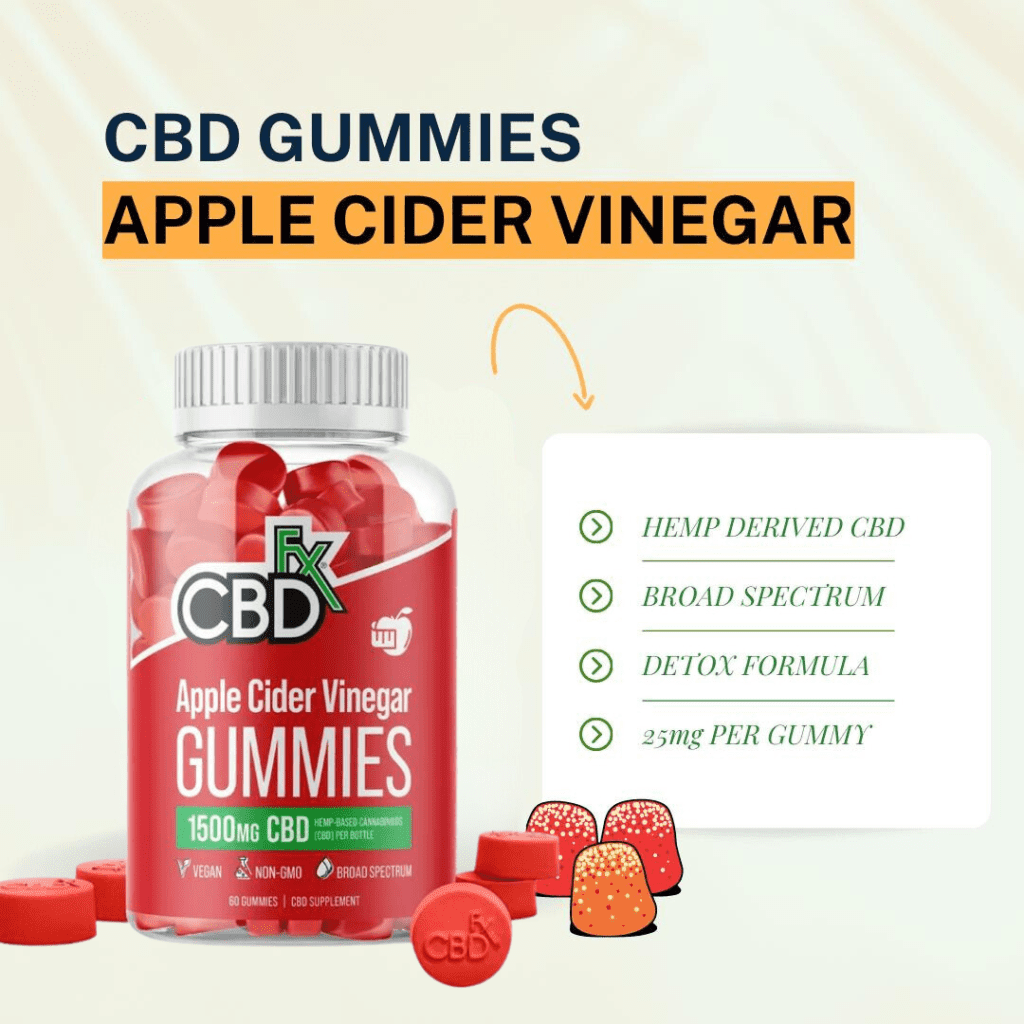
Alternative Approaches to Nourishing Your Body
Trusting Your Organs: Natural Detox Mechanisms
Our body’s innate detox mechanisms, primarily orchestrated by vital organs like the liver, kidneys, and lungs, form a robust defense against the onslaught of harmful compounds. These organs play a pivotal role in filtering and eliminating toxins from the bloodstream, ensuring the body maintains equilibrium. It is imperative to recognize the dynamic interplay of these natural detoxifiers and the pivotal role they play in maintaining optimal health.
However, this recognition also underscores the necessity of actively supporting these processes through holistic lifestyle choices. Nourishing these organs with a well-balanced, anti-inflammatory diet, engaging in regular physical activity, and staying hydrated are proactive measures that enhance the efficacy of our natural detox mechanisms. By fostering a holistic approach, individuals can empower their bodies to function optimally and fortify themselves against the environmental and internal stressors that may compromise overall well-being.
Building a Balanced, Anti-Inflammatory Diet
Establishing a well-rounded, anti-inflammatory diet serves as the cornerstone for optimal health, offering a proactive approach to support the body’s natural defenses. To kickstart this nutritional journey, prioritizing nutrient-dense foods is paramount. Begin by incorporating a vibrant array of colorful fruits and vegetables, rich in antioxidants, into daily meals. These powerhouse foods actively combat inflammation and bolster overall well-being.
Embrace whole grains, lean proteins, and healthy fats, fostering a diverse and balanced plate. Limiting processed foods and embracing the preparation of fresh, homemade meals allows for better control over ingredients and ensures a higher nutrient density. Engaging in mindful eating practices, such as savoring each bite and paying attention to hunger cues, further enhances the positive impact of an anti-inflammatory diet. This proactive approach not only fuels the body with essential nutrients but also cultivates a sustainable and enjoyable path towards optimal health.
Embracing Physical Activity for Health
The role of physical activity in buttressing overall health is indispensable, constituting a dynamic pathway toward vitality and well-being. Engaging in regular physical activity not only strengthens muscles and enhances cardiovascular health but also contributes to mental well-being by reducing stress and fostering a positive mood. For optimal health benefits, it is crucial to adhere to recommended weekly activity levels.
Adults should strive for at least 150–300 minutes of moderate-intensity exercise per week, coupled with muscle-strengthening activities on two or more days. Similarly, children and adolescents should aim for at least 60 minutes of moderate-to-vigorous physical activity daily, incorporating activities that promote bone health and muscle strength. By proactively integrating physical activity into daily routines across age groups, individuals can unlock the myriad benefits of an active lifestyle, ensuring a resilient foundation for holistic health.
The Sugar Dilemma: Making Informed Choices
Navigating the complexities of sugar consumption unveils a nuanced landscape where taste and health intersect. Understanding the intricate dance between sweet cravings and nutritional well-being is crucial for making informed dietary choices. While the appeal of sugary treats is undeniable, it is imperative to strike a balance that prioritizes health without sacrificing enjoyment. Opting for natural sources of sweetness, such as fruits, and gradually reducing added sugars in recipes empowers individuals to take control of their sugar intake.
Embracing a mindful approach to food choices involves reading labels, identifying hidden sugars, and choosing whole, unprocessed foods whenever possible. By fostering an informed decision-making process, individuals can savor the taste of their favorite dishes while proactively managing sugar consumption, thereby cultivating a sustainable and health-conscious approach to dietary habits.
Smoothies vs. Juices: Which is Healthier?
Comparing the nutritional benefits of smoothies and juices unravels a nuanced discussion, dispelling common misconceptions and guiding readers toward choices aligned with their health goals. Smoothies, crafted from whole fruits and vegetables, retain the fiber content that juices often lack. This fiber contributes to better digestion, sustained energy levels, and a feeling of fullness, countering the misconception that all liquid-based concoctions are created equal.
While juices offer a concentrated source of vitamins and antioxidants, the potential downside lies in their often high sugar content, requiring careful consideration for those watching their sugar intake. In contrast, smoothies provide a versatile canvas for incorporating additional nutrients like proteins, healthy fats, and greens. Ultimately, understanding the distinctions between these two popular beverages empowers individuals to make informed choices that complement their health objectives, fostering a balance between taste and nutritional value.
Hydration Habits for Optimal Well-being
Emphasizing the paramount importance of adequate hydration underscores a fundamental pillar of overall well-being. Hydration plays a pivotal role in supporting various bodily functions, from maintaining temperature balance to facilitating nutrient transport. To ensure optimal water intake, individuals can adopt practical tips such as carrying a reusable water bottle, setting hydration goals, and infusing water with fruits for added flavor.
Recognizing thirst cues and incorporating hydrating foods like fruits and vegetables into meals also contributes to overall fluid intake. By actively prioritizing hydration, individuals fortify their bodies against dehydration-related challenges, promoting optimal physical and cognitive performance, and fostering a resilient foundation for sustained health and vitality.
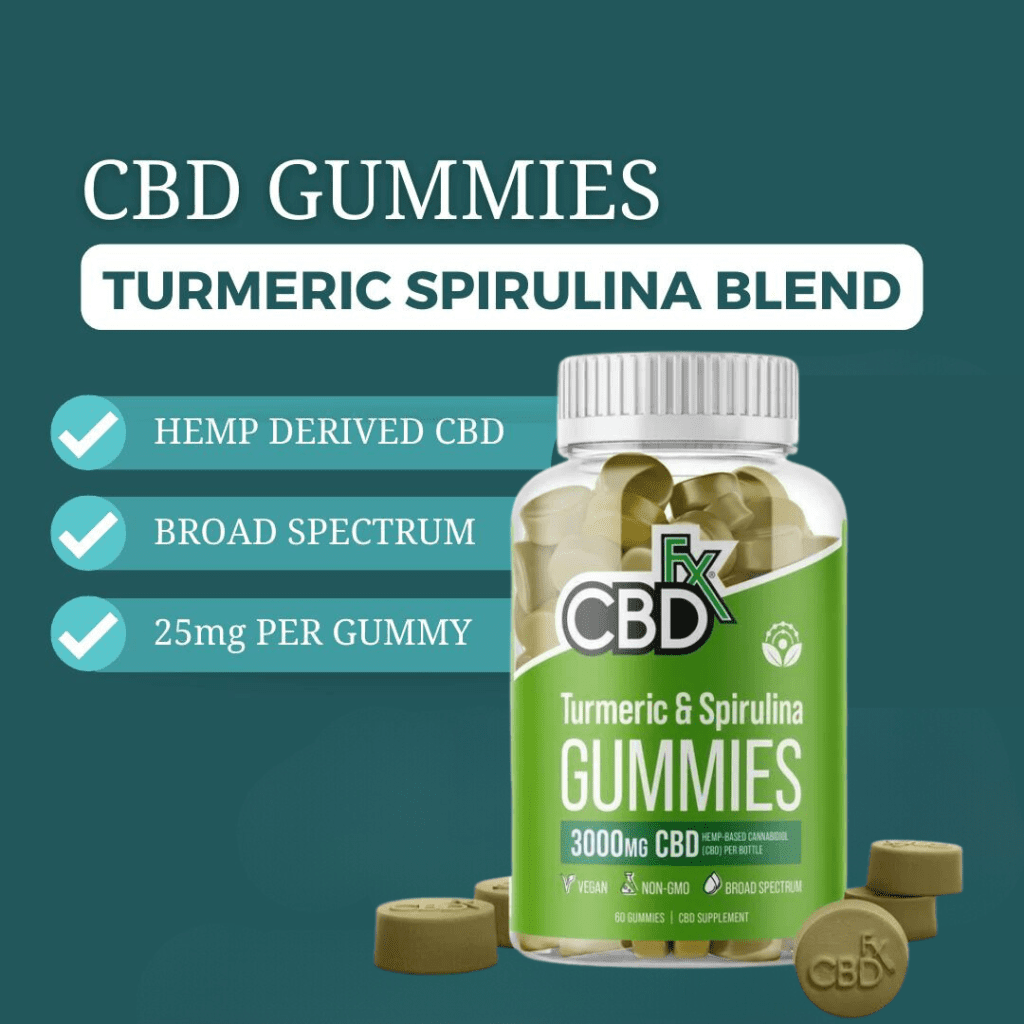
Conclusion: Crafting a Healthier Lifestyle
Redefining Success in Dietary Choices
Instead of succumbing to the allure of rapid transformations, individuals can embark on a journey that emphasizes the longevity and holistic impact of their dietary habits. Transitioning from restrictive fads to embracing a sustainable, well-rounded approach allows for the cultivation of enduring health benefits.
By actively incorporating a diverse range of nutrient-dense foods and recognizing the interconnectedness of physical and mental well-being, individuals lay the foundation for a nutritional lifestyle that stands the test of time. This transition not only redefines success but also fosters a positive and enduring relationship with food, steering individuals away from the pitfalls of quick fixes towards a path of sustained well-being.
Seeking Professional Guidance for Personalized Plans
Transitioning from generic recommendations to tailored guidance, these professionals play a pivotal role in deciphering the intricate interplay of personal health factors. By actively involving healthcare experts, individuals can gain insights into their unique nutritional requirements, making informed choices that promote optimal well-being.
This collaborative and proactive approach ensures that dietary plans are not only effective but also considerate of underlying health conditions, preferences, and long-term objectives. By prioritizing this personalized consultation, individuals lay the groundwork for sustainable health improvements, marking a shift from one-size-fits-all approaches to bespoke dietary strategies that cater to individual health journeys.
FAQs
How much weight can you lose on a 3-day juice cleanse?
What are the signs of disordered eating?
Are juice cleanses suitable for everyone?
Can juices replace a well-balanced diet?
Related Articles:
- Left Sided Chest Pain: Guided Heart Health
- Excessive Sugar Consumption on Your Health
- Boost Vitality Male Health Supplements
- Top 5 Nootropics: memory And Brain Health
#juicingdiet #diets #diettrends #juicecleanse #trendingdiets #healthandwellness #herbalsupplements #alternativehealing #naturalremedies #thedailydosepodcast
Meet The Author




